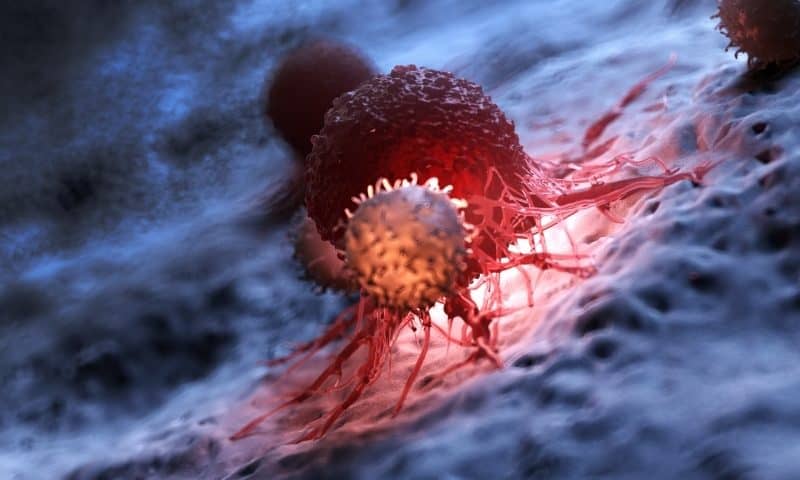It’s been a good month for ALX Oncology: After getting off a meaty $105 million series C last week, it’s started this week with two fast-track labels for its experimental drug.
The Dublin and California-based biotech grabbed the FDA speedy tags for its leading candidate ALX148 for the first-line treatment of patients with head and neck squamous cell carcinoma (HNSCC) and for the second-line treatment of patients with HER2-positive gastric or gastroesophageal junction (gastric/GEJ) carcinoma.
It was put on the fast track, which is aimed at helping speed up work at the regulatory agency for the drug and could allow for a quicker approval down the line, after data out of a phase 1 open-label combo test with either Merck’s PD-1 Keytruda (pembrolizumab) or Roche’s aging breast cancer med Herceptin (trastuzumab) come in.
CD47 myeloid checkpoint inhibitor ALX148 is now in line for phase 2 trials in combination with other anti-cancer therapies, boosted last week by that cash haul.
Multiple drug developers have gone after CD47 since evidence of its role in the interactions between cancer cells and the immune system became clear. The evidence suggested tumors evade immune attacks by upregulating CD47, leading researchers to posit that blocking the signal will expose cancer cells to a full-force offensive.
However, efforts to realize the therapeutic potential of anti-CD47 antibodies have been undermined by hematological adverse events stemming from the fact the target is found on host cells such as red blood cells.
ALX, formerly known as Alexo Therapeutics, thinks fusion protein ALX148 has a better risk-benefit profile than its rivals and has persuaded investors to buy into that idea.
Some of its more recent data were from patients with relapsed or refractory non-Hodgkin lymphoma (NHL) who received ALX148 in combination with rituximab. Among the 21 evaluable patients, ALX saw an objective response rate of 43% and a median progression-free survival of 7.3 months. As importantly, the drug appeared to be relatively safe and well tolerated.
The phase 1 trial that generated the lymphoma data is continuing, with other arms of the study testing the CD47 prospect in combination with Herceptin and Keytruda in solid tumor patients. But, with ALX148 coming through its first test in NHL, ALX also has plans to take the candidate deeper into the clinic.
“FDA’s decision to grant Fast Track designation to ALX148 is an important recognition of ALX Oncology’s promising clinical data. This designation reflects the potential for ALX148 to be an important advancement in the treatment of patients with HNSCC and HER2-positive gastric/GEJ cancer,” said Sophia Randolph, M.D., Ph.D., chief medical officer of ALX Oncology.
“We are encouraged by the initial data from our phase 1 clinical trial that showed a 40 percent objective response rate (ORR) in checkpoint inhibitor-naive HNSCC patients whose tumors had progressed on prior platinum therapy, and a 21 percent ORR in gastric/GEJ patients where all responders’ disease had progressed upon at least one prior anti-HER2 containing regimen. We look forward to working closely with the FDA on the clinical development of ALX148 for patients with cancer.”

